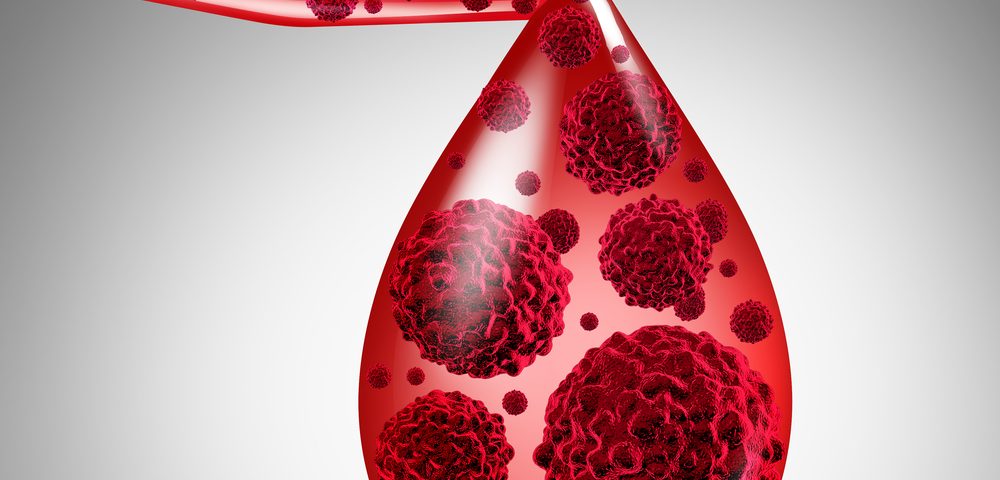ADXS-NEO, an investigational cancer immunotherapy, induced an immune response against 90% of all cancer targets in a patient with metastatic microsatellite stable colorectal cancer (MSS-CRC), data from an ongoing Phase 1 trial show.
ADXS-NEO, jointly developed by Advaxis and Amgen, is a new type of personalized cancer immunotherapy that works by helping a patient’s immune system to recognize and attack malignant cancer cells containing specific mutation-derived tumor antigens, or neoantigens. (An antigen is a substance seen as a threat by the immune system.)
It does so by using a weakened bacteria called Listeria monocytogenes (Lm) that harbors a DNA vector containing the sequence of the mutated neoantigens found in each patient (up to 40), arranged like beads on a string.
These weakened bacteria are then injected into a patient, where they are seen as a threat by the immune system. It mounts an immune response against all substances found within these bacteria, including the patient’s cancer neoantigens. This means that ADXS-NEO essentially works like a vaccine.
ADXS-NEO is being tested in patients with different types of cancers in a multicenter, open-label, and dose-escalation Phase 1 clinical trial (NCT03265080) currently underway in the U.S.
In the first phase of the study (part A), patients with metastatic non-small cell lung cancer (NSCLC), MSS-CRC, and metastatic squamous cell carcinoma of the head and neck (SCCHN) are being given ADXS-NEO alone.
In part B, patients with advanced or metastatic solid tumors — including NSCLC, SCCHN, melanoma, and bladder cancer — will receive ADXS-NEO in combination with the PD-1 checkpoint inhibitor Keytruda (pembrolizumab). This second phase is expected to start later this year.
New data from the trial’s first two patients — one with NSCLC and another with MSS-CRC — who completed part A showed that:
- In the patient with MSS-CRC, it was possible to generate CD8-positive T-cells (immune cells able to kill tumor cells) that recognized 90% of the 40 cancer neoantigen targets inserted in the Lm bacteria; this is the highest “hit rate” reported so far;
- In this same patient, antigen spreading was confirmed with the discovery of T-cells against other “threat” substances found on cancer cells, even though these antigens were not among those in the ADXS-NEO construct;
- In both patients, T-cells recognizing hotspot mutations were found within each individuals’ tumors (e.g., EGFRL858R in the NSCLC patient, and KRAS G12A in the MSS-CRC patient); this is important, as it may increase the ability of these immune cells to recognize and eliminate cancer cells more effectively;
- When dosed at 100 million colony forming units (CFU), ADXS-NEO was well-tolerated in both patients; when dosed at 1 billion CFU, ADXS-NEO went beyond the maximum tolerated dose, leading to life-threatening, but reversible, hypoxia (reduced oxygen levels) and hypotension (low blood pressure).
“This preliminary dataset (…) shows the generation of specific CD8+ T cell response in one MSS-CRC patient against 90% of the neoantigens in that patient’s personalized Lm construct together with antigen spreading, both of which we believe are critical for potential clinical benefit,” Andres Gutierrez, MD, PhD, chief medical officer of Advaxis, said in a press release.
“These encouraging results are consistent with data from our previous preclinical and ELISpot-pooled clinical studies, and we look forward to presenting data from all patients in the monotherapy arm later in the year,” he added.
The Phase 1 trial is still enrolling eligible adults at four sites in the U.S.; more information is available here. It plans to enroll up to 48 patients and to fully conclude in September 2020.


